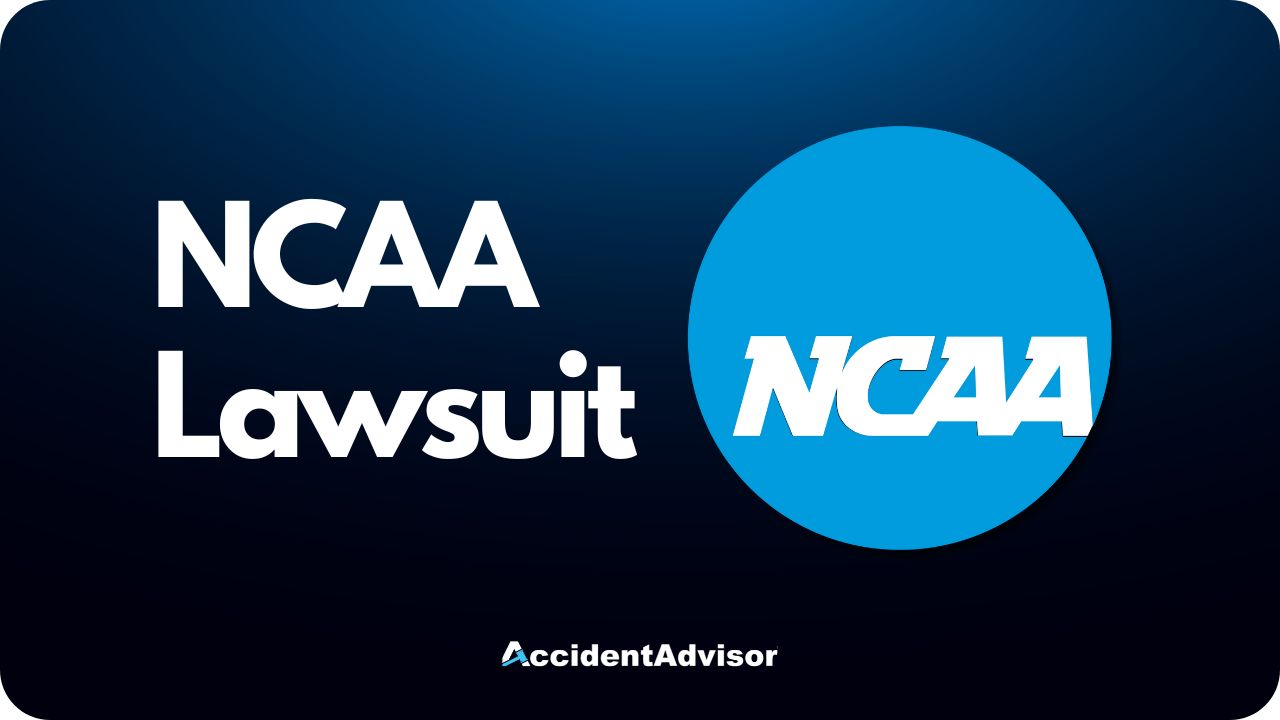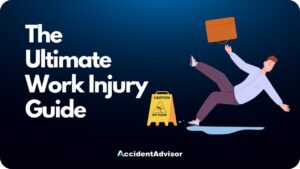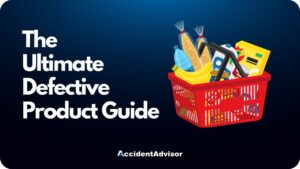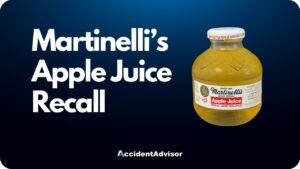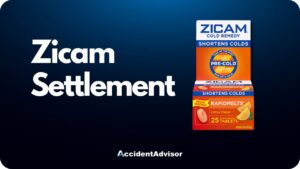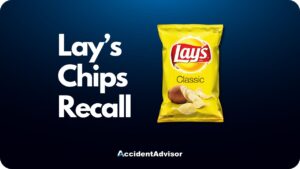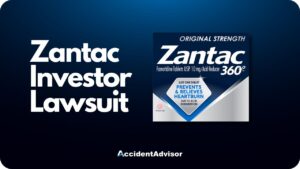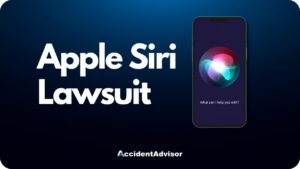Did you know over $1 billion will go to student athletes from recent NCAA settlements? This big change in college sports law opens new doors for students to make money from their name, image, and likeness (NIL). For a long time, student athletes could only get traditional scholarships. But now, they can earn fair pay for their hard work.
Key Takeaways
- The NCAA settlements mark a historic shift in college sports legal action.
- Over $1 billion will be distributed to student athletes through these settlements.
- These legal actions allow athletes to monetize their name, image, and likeness (NIL).
- The decision compensates athletes retroactively and influences future NCAA policies.
- Future college sports policies will be more favorable towards athlete compensation.
Background of the NCAA Lawsuit
The NCAA court case started with athletes feeling cheated out of big money from endorsements and appearances. They were stuck under strict NCAA rules that blocked their chances to make money.
These athletes claimed the NCAA broke antitrust laws. They argued that the NCAA’s rules were unfair, stopping them from making money from their sports success.
Many college athletes joined these collegiate sports lawsuits. They wanted to change the NCAA’s strict rules. The goal was to let athletes earn more and have more freedom in making money.
Key Cases: House v. NCAA, Carter v. NCAA, and Hubbard v. NCAA
The class-action lawsuit against the NCAA includes important cases like House v. NCAA, Carter v. NCAA, and Hubbard v. NCAA. These cases have set big precedents in college sports. They deal with key issues like paying athletes for their work.
House v. NCAA Settlement
The House v. NCAA settlement is a big deal. It set aside $2.576 billion for class members. This case helped athletes get paid for their Name, Image, and Likeness (NIL) rights. It also challenged the NCAA’s old rules on making money from athletes.
Carter v. NCAA Settlement
After House v. NCAA, the Carter v. NCAA settlement came next. It showed the need for fair treatment of student-athletes. Even though the financial details are not as well-known, the case has helped change the law to favor athlete pay.
Hubbard v. NCAA Settlement
The Hubbard v. NCAA settlement gave $200 million to athletes from 2019-2022. This shows how the NCAA is changing its ways due to legal and public pressure. It ensures athletes get paid for their NIL earnings from before.
NCAA Lawsuit: Implications for College Sports

The NCAA legal challenge has big effects beyond money. It makes colleges rethink how they handle sports. Now, athletes can make money on their own, changing how they’re seen and treated.
This change means athletes can earn a lot on their own. Colleges must now think differently about paying athletes and how they recruit them. This change affects not just current athletes but also those who will play in the future.
As college sports change, it’s key to see how these legal wins affect schools:
- More chances for athletes to make money on their own.
- Colleges might change how they recruit athletes to support their earning potential.
- Athletes get more say in their financial and personal lives.
In short, the NCAA legal challenge and college athletics legal dispute are changing college sports. They bring a new era of athlete freedom and financial power. The NTNAA lawsuit’s effects are far-reaching, leading to changes in how colleges recruit, partner with brands, and treat student-athletes.
Don’t Miss
- If you’ve been injured in an accident — don’t let the insurance company win. Maximize your settlement with free claim assistance.
- Car insurance premiums in America are through the roof — and only getting worse. But 5 minutes could have you paying as little as $29/month.
- Protect yourself and earn cash with recall and class-action alerts — delivered straight to your inbox. Sign up for the AccidentAdvisor Newsletter.
Understanding Name, Image, and Likeness (NIL) Rights
The recognition of name, image, and likeness rights has changed college sports. The nil lawsuit and settlement have opened new doors for student athletes.
What NIL Rights Mean for Student Athletes
Now, student athletes can make money from their personal brands. They can get endorsements, sponsorships, and more. This lets them use their athletic and personal identities in the market.
How the Settlements Impact NIL Earnings
The nil settlement has made things fairer. Student athletes can now earn from their talents and fame. This change could change college sports a lot, affecting recruitment and career planning.
Eligibility for Settlement Benefits
Understanding your eligibility for NCAA benefits is key as the settlement landscape changes. If you were a Division I student-athlete from 2016 on, you might qualify. The terms aim to support and compensate athletes fairly.
Who is Eligible?
Eligibility for NCAA benefits covers all Division I student-athletes from 2016 on. This broadens the scope, helping more athletes benefit from the settlement.
How to Claim Your Share
To claim your NCAA settlement share, fill out a detailed form on the NCAA Settlement portal. This easy process helps eligible athletes get their fair share without hassle.
Important Deadlines
Being on time is crucial for the settlement plan. The deadline to submit your claim is January 31, 2025. Make sure to mark this date and prepare your documents to avoid missing out.
| Key Milestone | Date | Details |
|---|---|---|
| Eligibility Period | 2016 Onward | All Division I student-athletes active from this year. |
| Claim Submission | By January 31, 2025 | Submit through the NCAA Settlement portal. |
| Benefit Distribution | After Claim Approval | Receive your entitled share as per the settlement distribution plan. |
Support and Legal Representation for Student Athletes
Handling the aftermath of a settlement can be tough for many student athletes. It’s important to know your rights and the steps to claim settlements. Thanks to specialized legal firms and college support, getting help is easier than ever.
Legal services are key to making sure athletes get fair pay for their NIL contributions. With professional help, you’ll understand what you’re owed and how to get it. Attorneys in sports law provide the guidance you need to deal with NIL rights and claims.
College support networks also play a big role, offering emotional and practical help. They help with the legal process, making it less stressful. Working with legal firms and support networks ensures you get the most out of your settlement. In today’s sports world, legal support is a must, not a luxury.
Learn more on the official NCAA settlement website.
What to Read Next
- The odds of dying in a car crash are higher than you think — here’s how to reduce your risk and protect yourself on the road.
- Have you been affected by the Boar’s Head recall? Find out if your favorite deli meat is on the list — avoid these products to stay safe.
- The first 48 hours after an accident can make or break your settlement — this is what to do after a car accident.

Rocky Horton
Author

